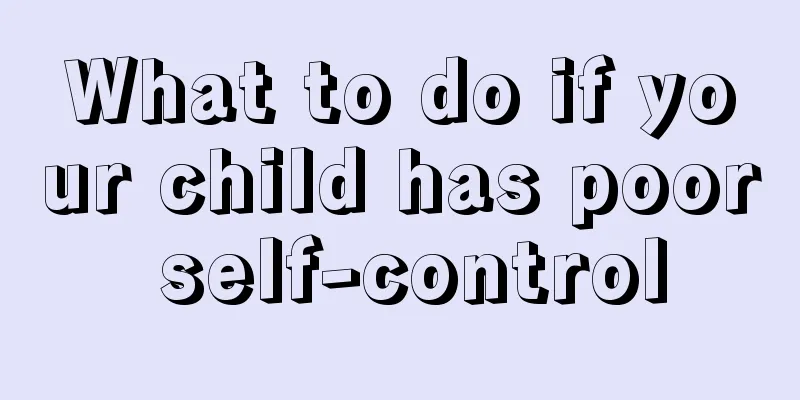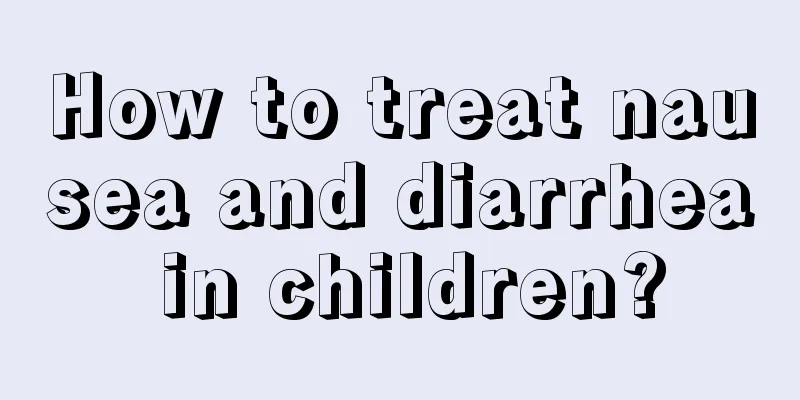Are stainless steel bowls harmful to children?

|
The various basins, pots, bowls, etc. in the kitchen are no longer made of heavy and bulky iron. Instead, they are made of stainless steel. But are stainless steel bowls harmful to children? There is no need to worry about this at all. Stainless steel is very safe and the surface is smooth to the touch, so it is not afraid of being broken by children. But it should be noted that if the stainless steel is unqualified, it will be mixed with other metals, which may easily lead to excessive heavy metal content. Can babies use stainless steel bowls? Stainless steel bowls are highly corrosion-resistant, easy to clean, will not deform or deteriorate when exposed to heat, and will not break even if they fall to the ground. Many stainless steel bowls have a vacuum layer, which makes the surface neither cold nor hot, and also has a heat-insulating effect. Stainless steel bowls are relatively safe. Stainless steel cutlery Advantages: easy to scrub, not easy to breed bacteria, few chemical elements, suitable for drinking water. Disadvantages: It is easy to get hot and unqualified heavy metal content may endanger health. How to disinfect children's tableware: Children's tableware cannot be used to hold dishes with soup for a long time, because the soup often contains acidic substances, which will dissolve the nickel and chromium in unqualified stainless steel tableware. Suggestion: Stainless steel tableware has three codes: "13-0", "18-0" and "18-8". The number before the code represents the chromium content, and the number after it represents the nickel content. The higher the nickel content, the better the quality. However, nickel and chromium are heavy metals, so you must choose products with strong technology, good quality and in compliance with national standards. 1. Boiling disinfection method: It is suitable for disinfecting household tableware such as bowls, chopsticks, plates, dishes, basins, spoons, etc. This method is simple to use and reliable. Specific steps: Place the rinsed bowls, basins and other tableware upright in the pot, add clean water to submerge the tableware to be disinfected, and then continue boiling for 5-15 minutes to achieve the purpose of disinfection. Then pour out the waste water and place the sterilized tableware in a clean cupboard for later use. 2. Chemical disinfection method: Chemical disinfection is not as convenient as boiling disinfection for disinfecting tableware, so it is mostly used for tableware that cannot be disinfected by boiling. The chemical disinfectants that can be used include bleaching powder, sulfochloridone, peracetic acid, potassium permanganate, etc. Here we mainly introduce bleaching powder and sulfochloridone. 3. Sulfonamide disinfection Sulfonamide is a highly effective and fast-acting disinfectant. When using sulfamethoxazole to disinfect tableware, it can not only effectively kill pathogenic bacteria contaminated on the tableware, but also has a significant destructive and killing effect on the hepatitis B virus. Therefore, sulfamethoxazole can be used to disinfect tableware for patients with infectious diseases such as viral hepatitis and dysentery. In actual use, the disinfection effect can be achieved by soaking the tableware in 200-300 ml of sulfamethoxazole disinfectant per liter for 2 to 5 minutes. Tableware used at home should be disinfected regularly. When there are infectious patients, the tableware used should be dedicated and cleaned, disinfected and maintained separately. The sterilized tableware should be dry, clean, free of grease and food residue; chopsticks, knives, forks and soup spoons should be placed head to tail and stored in fixed kitchen utensils and sealed to prevent further contamination. |
<<: What to do if your child has a cold, fever, and diarrhea
>>: How to deal with a child who has a chill in the middle of the night?
Recommend
What are the symptoms of abdominal bloating in newborns?
It is quite common for newborns to have bloating....
Can children eat fried scorpions?
Although scorpions look very scary, they are actu...
What to do if your child coughs and vomits
Every spring is the peak season for respiratory d...
What foods can children eat to nourish their brains?
It is not wrong for people to hope that their chi...
What are the symptoms before the baby teeth
As your baby grows, he or she will gradually grow...
There are milk curds in the baby's stool during the confinement period
It is very common for babies who are still in the...
Why do children suddenly have nosebleeds in summer?
Children rarely have nosebleeds before the age of...
Why does a one and a half year old baby have green diarrhea?
Some mothers' babies are still having green a...
What is the stool of an eight-month-old baby?
We all know that the baby's gastrointestinal ...
Child cross-eyed
Cross-eyed is what people often call crossed eyes...
At what age should babies get the chickenpox vaccine
When children reach a certain age, they need to b...
What to do if your child likes to bite his lower lip
Every parent hopes that their children can mainta...
Two-year-old baby's legs are not straight
Parents should observe their baby's body shap...
What should I do if my baby has a high fever convulsion?
Colds, coughs, and fevers are some of the more co...
What are the rehabilitation treatments for cerebral palsy?
Cerebral palsy has always been a problem for pati...









